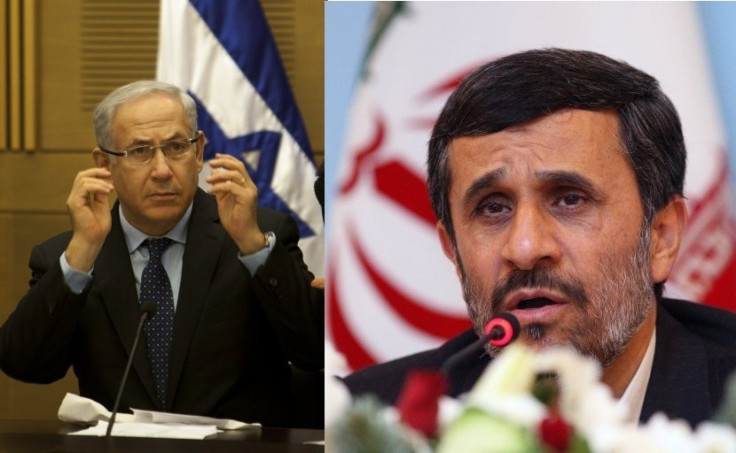Rising Likelihood of Israeli Strike on Iran: U.S. Official

In the wake of U.S. National Security Advisor Tom Donilon's visit to Israel to discuss Iran's nuclear program with Prime Minister Benjamin Netanyahu, a U.S. official has indicated that there is an increasing likelihood that Israel would initiate military action against Iran.
A senior U.S. official, who wished to remain anonymous, told Israeli newspaper Haaretz that Israel is considering military strike against Iran seriously, even though Netanyahu and his advisors haven't decided whether to attack or not.
We think that Israel still has not decided whether to attack or not, but it is clear to us that it is being considered seriously, the U.S. official said. The messages reaching Washington from Jerusalem in the past six months have increasingly pointed to the likelihood of an Israeli strike, more so than in the previous two years, Haaretz reported quoting the unnamed official.
However, the Obama administration wants Israel to wait for a few more months, since that would provide enough time to see if the U.N. sanctions and numerous unilateral penalties have the desired effect on Iran.
Netanyahu, scheduled to visit Washington D.C. next month, will meet Donilon to discuss Iran's clandestine nuclear weapons program.
In last week's Senate Armed Services Committee hearing about the existing hostilities between the U.S. and Iran, American intelligence officials said it is unlikely that Iran will start military action against the U.S. However, if the U.S. decides to launch military action, Iran will not hesitate and the consequences can be catastrophic, Defense Intelligence Agency Director Lieutenant General Ronald Burgess had said.
Iran can close the Strait of Hormuz at least temporarily, and may launch missiles against United States forces and our allies in the region if it is attacked, Burgess said during the briefing. Iran today has the technical, scientific and industrial capability to eventually produce nuclear weapons. While international pressure against Iran has increased, including through sanctions, we assess that Tehran is not close to agreeing to abandon its nuclear program, he said.
Iran's President Mahmoud Ahmadinejad has not acknowledged the presence of a nuclear weapons program even after the International Atomic Energy Agency's last November report stating otherwise.
Meanwhile, a group of 32 senators, including Republicans and Democrats, passed a resolution, effectively calling on the President to begin a war with Iran.
The resolution, passed last week, strongly supports U.S. policy to prevent the Iranian government from acquiring a nuclear weapons capability and rejects any policy that would rely on efforts to 'contain' a nuclear weapons capable Iran, and urges the president to reaffirm the unacceptability of an Iran with nuclear-weapons capability and oppose any policy that would rely on containment as an option in response to the Iranian nuclear threat.
© Copyright IBTimes 2024. All rights reserved.






















